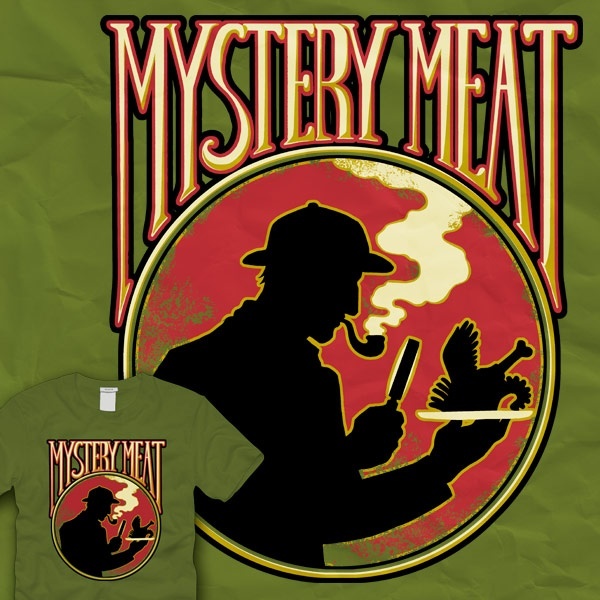To expand on Raul Hernandez’s answer:
aponeurōsis = apo ‘away, from, of’ + neurōsis
neurōsis = neuroō ‘to equip with sinews, to put strings on (a bow, a lyre)’ + –sis ‘nominalisation suffix, -ing’
neuroō = neuron ‘nerve, sinew’ + –oō ‘verb suffix, often factive: to make something be or have X’.
So aponeurosis literally means ‘a sinewing out(wards)’.
Aponeurosis: Aponeuroses (plural of aponeurosis: απο, “away” or “of”, and νευρον, “sinew”, and pronounced ap·o·neu·ro·sis) are layers of flat broad tendons. They have a shiny, whitish-silvery color, are histologicallysimilar to tendons, and are very sparingly supplied with blood vessels and nerves. When dissected, aponeuroses are papery and peel off by sections. The primary regions with thick aponeurosis are in the ventral abdominal region, the dorsal lumbar region, the ventriculus in birds, and the palmar and plantar regions.
It’s a Neo-Latin coinage, and an awkward one: the -(ō)sis ending refers to an action, not to the result of an action, which would be -(ō)ma (e.g. sarcoma ‘a fleshening’: not the action of fleshing something out, but the result of it). And because Greeks actually know how Greek suffixes work, aponevrosi in Modern Greek means ‘root canal’: you are removing the nerve ending from the infected tooth. So not ‘a sinewing outwards’, but ‘de-nerving’.
Of course, this is Neo-Latin’s world, we Greeks just live in it. From what I see in this article on Plantar Fasciitis Πελματιαία Απονευρωσίτιδα, Greeks also call aponeuroses aponevrosis. In fact, it looks like Greek is ahead of English, in insisting that Plantar fasciitis is actually an aponeurositis, because the Plantar fascia is actually an aponeurosis.
And if I knew the difference between an aponeurosis and a Fascia, I’d be speaking with a bit more conviction…



